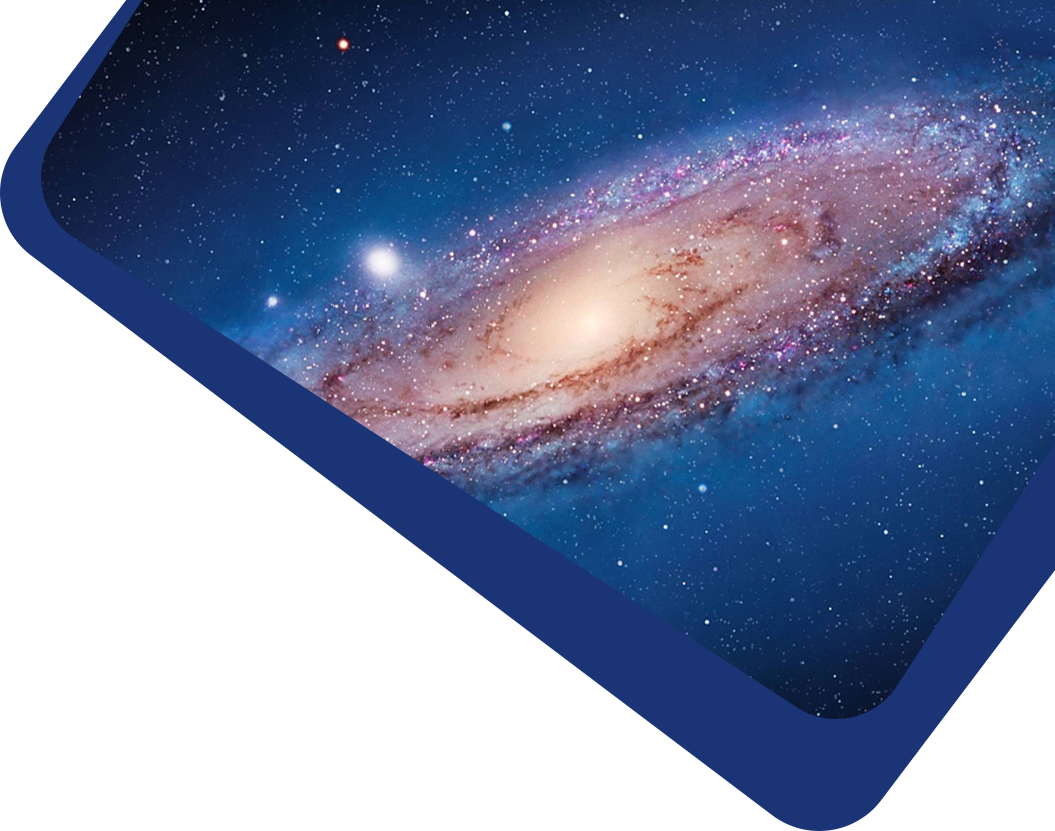

The origin and phenomenology of Fast Radio Bursts (FRBs) remain unknown. Fast and efficient search technology for FRBs is critical for triggering immediate multi-wavelength follow-up and voltage data dump. This paper proposes a dispersed dynamic spectra search (DDSS) pipeline for FRB searching based on deep learning, which performs the search directly from observational raw data, rather than relying on generated FRB candidates from single-pulse search algorithms that are based on de-dispersion. We train our deep learning network model using simulated FRBs as positive and negative samples extracted from the observational data of the Nanshan 26 m radio telescope (NSRT) at Xinjiang Astronomical Observatory. The observational data of PSR J1935+1616 are fed into the pipeline to verify the validity and performance of the pipeline. Results of the experiment show that our pipeline can efficiently search single-pulse events with a precision above 99.6%, which satisfies the desired precision for selective voltage data dump. In March 2022, we successfully detected the FRBs emanating from the repeating case of FRB 20201124A with the DDSS pipeline in L-band observations using the NSRT. The DDSS pipeline shows excellent sensitivity in identifying weak single pulses, and its high precision greatly reduces the need for manual review.
radio continuum: general – methods: data analysis – methods: observational
It accepts original submissions from all over the world and is internationally published and distributed by IOP